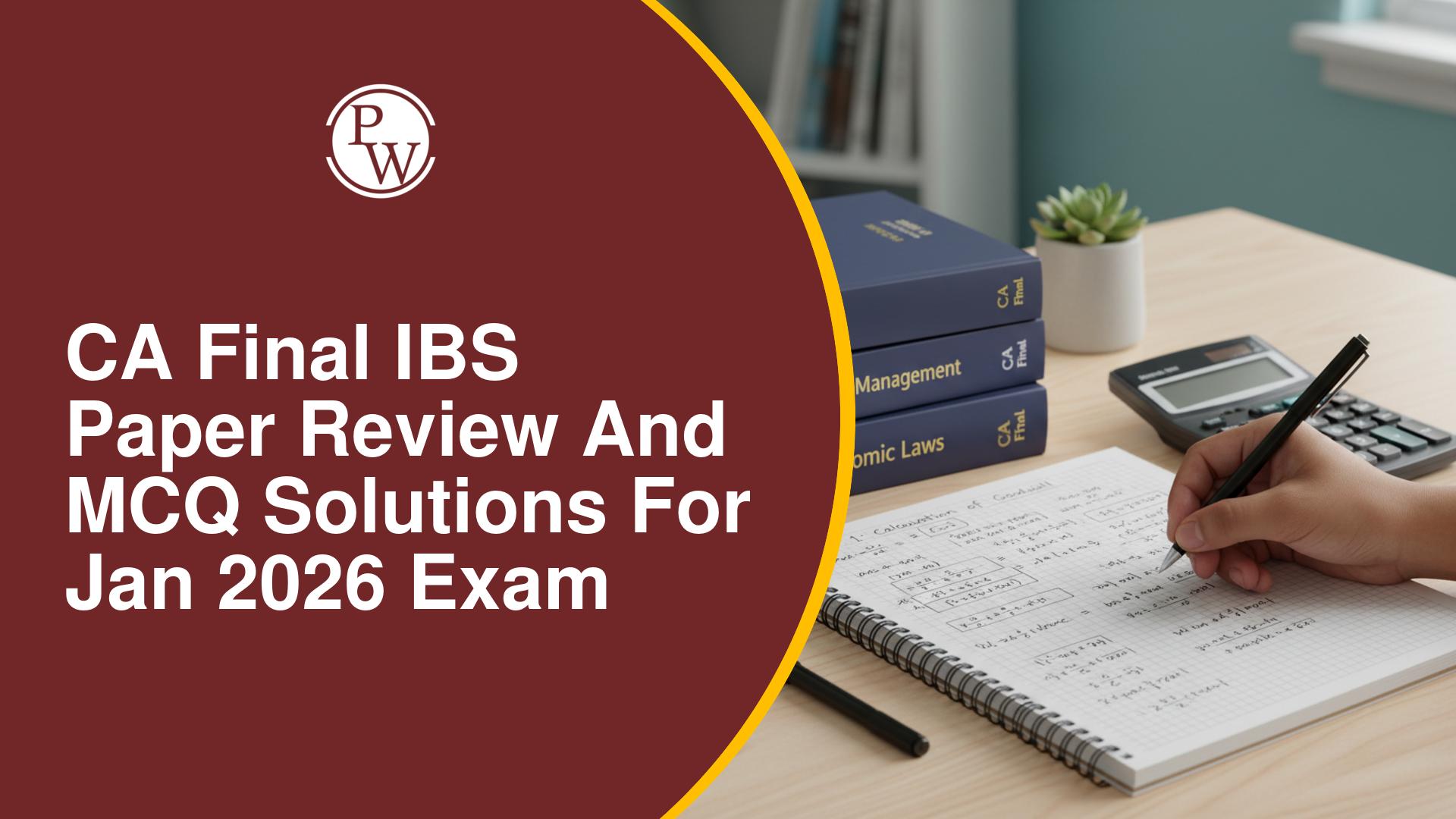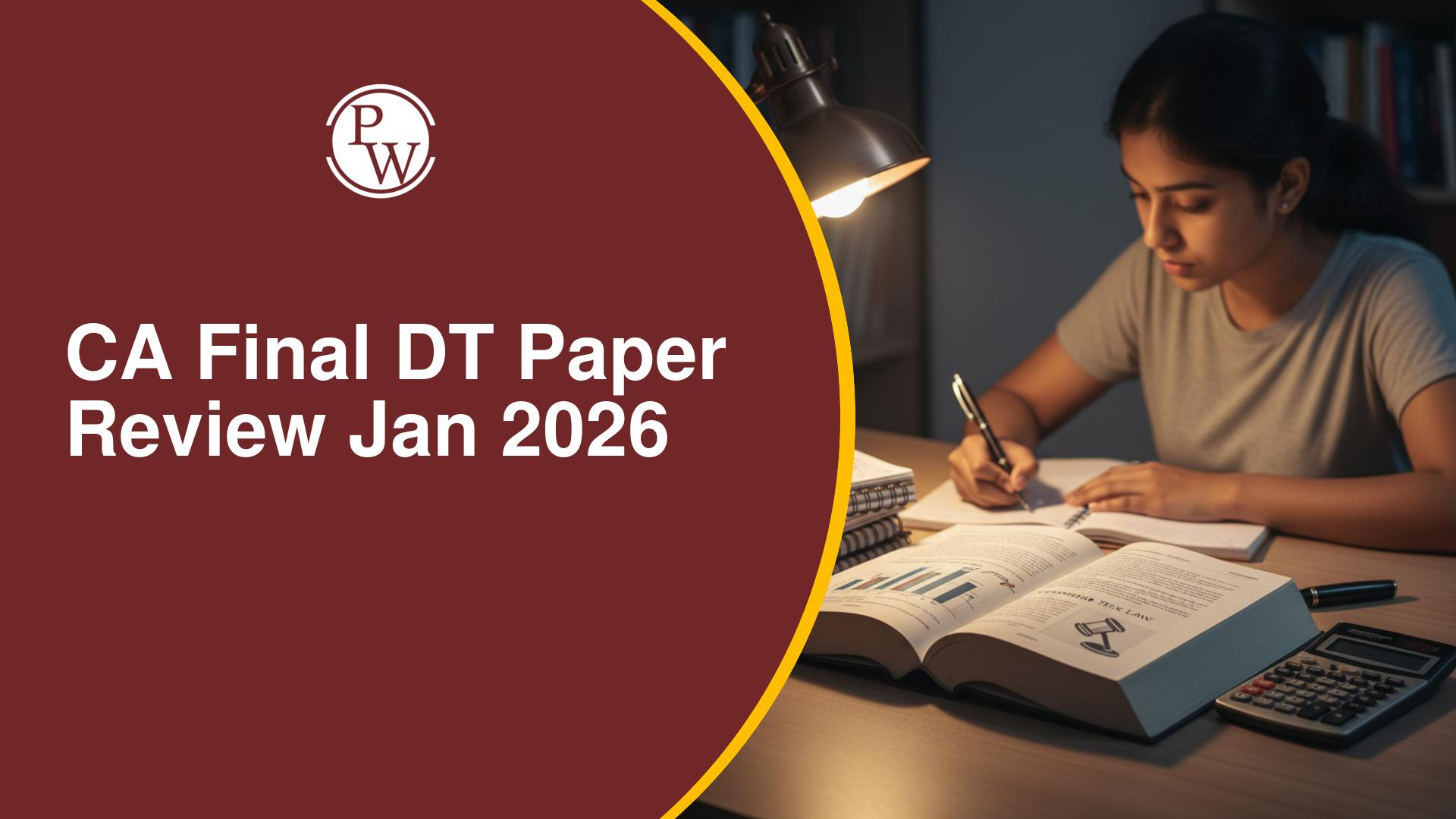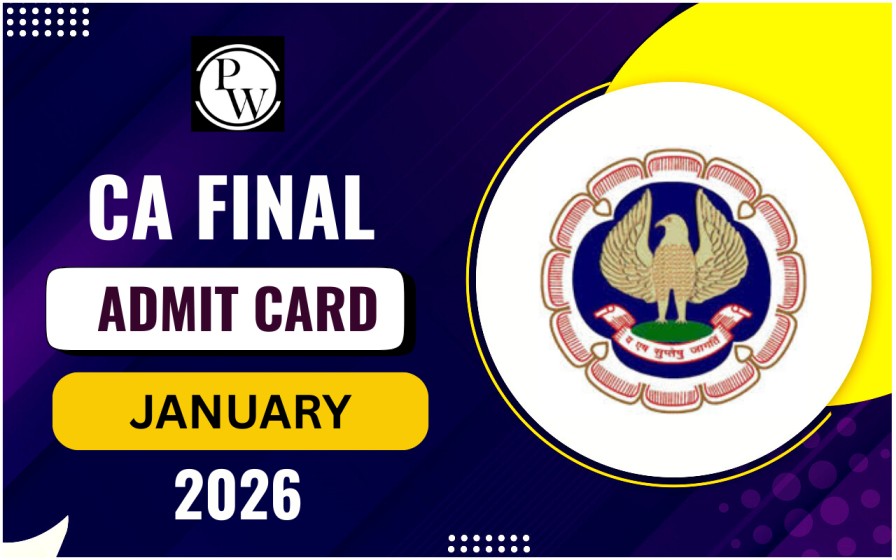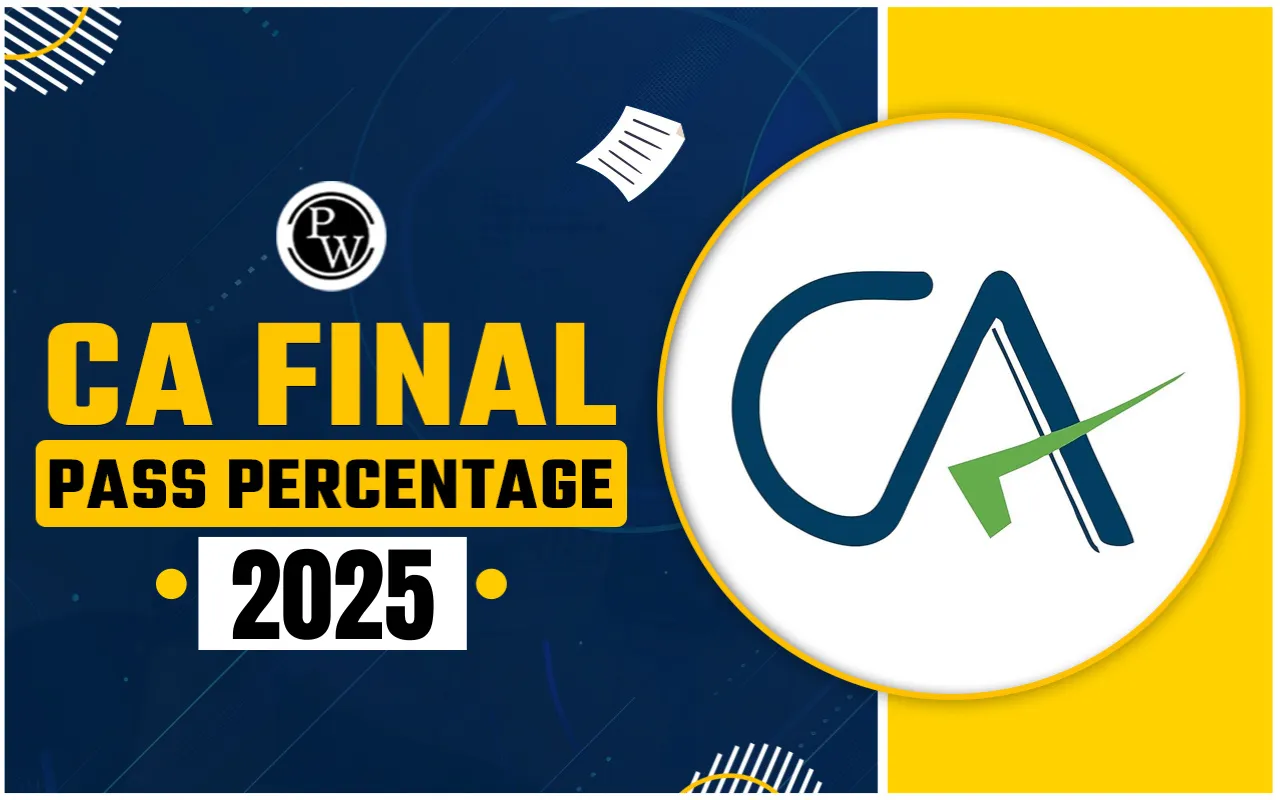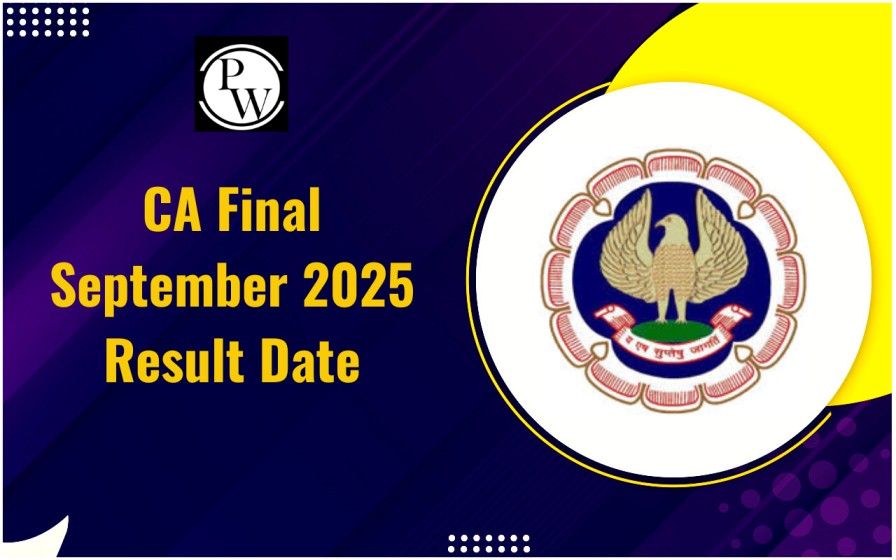
The CA Final May 2025 Advanced Financial Management (AFM) exam has concluded, leaving students with a mix of relief and anticipation. This session's paper tested not only technical proficiency but also time management and conceptual clarity. This AFM Exam Review delves into student feedback, section-wise analysis, and preparation strategies to help future aspirants navigate this challenging paper.
CA Final May 2025 AFM Exam Review
The AFM Exam Review for CA Final May 2025 reveals a paper that was largely module-based but with certain curveballs that tested students' depth of understanding. The majority agreed that the exam was moderately difficult, though entirely doable for those who had referred to ICAI modules and practiced rigorously.
Numerical questions were considered lengthy, requiring a calm mind and time management skills. Compared to previous attempts, this time, the challenge was more in the calculations and application.
What stood out in the AFM Exam Review was the unpredictability in MCQs. Many aspirants felt that the MCQs were not just tricky but also slightly conceptual, which added an unexpected edge to the paper. Theory questions had decent weightage, and those who dedicated time to theory, especially from trusted resources like CA Wallah, found themselves in a good spot.
Overall, the AFM Exam Review suggests that this paper demands consistency in studies and a smart strategy on exam day. Most students attempted around 80–90 marks, which speaks to the moderate nature of the paper despite its length.
CA Final AFM Exam Students Feedback
Real voices make the AFM Exam Review come alive. One student summed up the paper as "easy but lengthy," saying everything came straight from the module. According to them, the challenge wasn't in understanding but in attempting it all within the time limit. They managed an 80-90 mark attempt, calling the paper “moderate” overall.
Another student focused on theory, saying they were glad they didn’t skip it. “There were enough theory questions from every section, I referred theory from CA Wallah. It was very helpful,” they said. This insight reflects the rising importance of theory in AFM, which many often neglect.
From this AFM Exam Review, it's clear that preparation rooted in ICAI material and supported by dedicated faculty makes a massive difference. The mix of numerical and theory, coupled with unpredictable MCQs, formed the core theme of this year’s AFM exam. It’s a reminder to future aspirants that no part of the syllabus should be ignored. Every topic, every concept, every chapter matters.
CA Final AFM Exam Section-Wise Analysis
The detailed AFM Exam Review becomes more valuable when we break it down section by section.
Financial Policy and Corporate Strategy
This section tested students on the alignment of financial policies with corporate strategies. Questions required analytical thinking and the ability to apply theoretical concepts to practical scenarios.
Risk Management
Risk management questions delved into identifying, assessing, and mitigating financial risks. Students needed to demonstrate a comprehensive understanding of various risk types and appropriate management techniques.
Security Analysis and Portfolio Management
This segment focused on evaluating different securities and constructing optimal portfolios. Students were expected to perform detailed analyses and justify their investment decisions based on risk-return profiles.
Derivatives and Foreign Exchange Exposure
Questions in this area assessed knowledge of derivative instruments and strategies to hedge against foreign exchange risks. Practical application of concepts like options, futures, and swaps was essential.
International Financial Management
This section required students to apply financial management principles in an international context, considering factors like exchange rates, international financing options, and cross-border investment decisions.
Mergers, Acquisitions, and Corporate Restructuring
Students were tested on their understanding of the strategic and financial implications of mergers and acquisitions. Analytical skills were crucial to evaluate restructuring options and their impact on shareholder value.
How to Prepare for the CA Final Next Attempt?
The insights from this AFM Exam Review are not just for reflection, they’re a guide for future preparation. The following is how to get ready for the next attempt:
Understand the Syllabus and Weightage
Begin by thoroughly understanding the CA Final Syllabus and the weightage assigned to each topic. Focus more on areas with higher marks allocation, but ensure a holistic preparation to avoid surprises.
Strengthen Conceptual Clarity
Build a strong foundation by grasping core concepts. Use standard textbooks and study materials to ensure a comprehensive understanding, which is crucial for both numerical and theoretical questions.
Practice Regularly
Consistent practice of numerical problems enhances speed and accuracy. Solve past exam papers and mock tests under timed conditions to simulate the exam environment and improve time management skills.
Focus on Theory
Don't neglect theoretical aspects. Regularly revise key concepts and stay updated with any changes in regulations or standards. Use summary notes and flashcards for quick revisions.
Seek Guidance and Clarify Doubts
Join study groups or online forums to discuss challenging topics. Don't hesitate to seek help from mentors or educators to clarify doubts promptly, ensuring a smooth learning journey.
Preparing for the CA Final AFM exam requires a strategic approach, balancing both theoretical knowledge and practical application. For those aiming to excel in their next attempt, PW CA Final Courses offer comprehensive resources, guidance, and structured study plans to help you.
CA Final AFM Exam Review FAQs
How was the difficulty level of the May 2025 AFM exam?
Were the questions aligned in the CA Final Exam with the ICAI study material?
How important is theory in the AFM exam?
How can I improve my performance in the CA Final next attempt?




